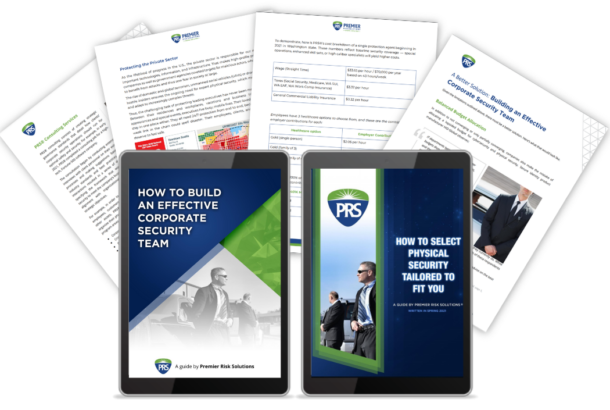Hosting a special event, whether it’s a music festival, corporate conference, or sporting event, requires meticulous planning and execution. Ensuring the safety of attendees, staff, and performers is paramount. In this article, we’ll explore best practices for special event security to create a secure environment while maintaining a positive experience.
1. Risk Assessment and Threat Analysis
Before anything else, conduct a thorough risk assessment of the special event. Identify potential security threats specific to your event. Consider factors such as the venue, crowd size, location, and historical incidents. Collaborate with local authorities and security experts to evaluate risks comprehensively.
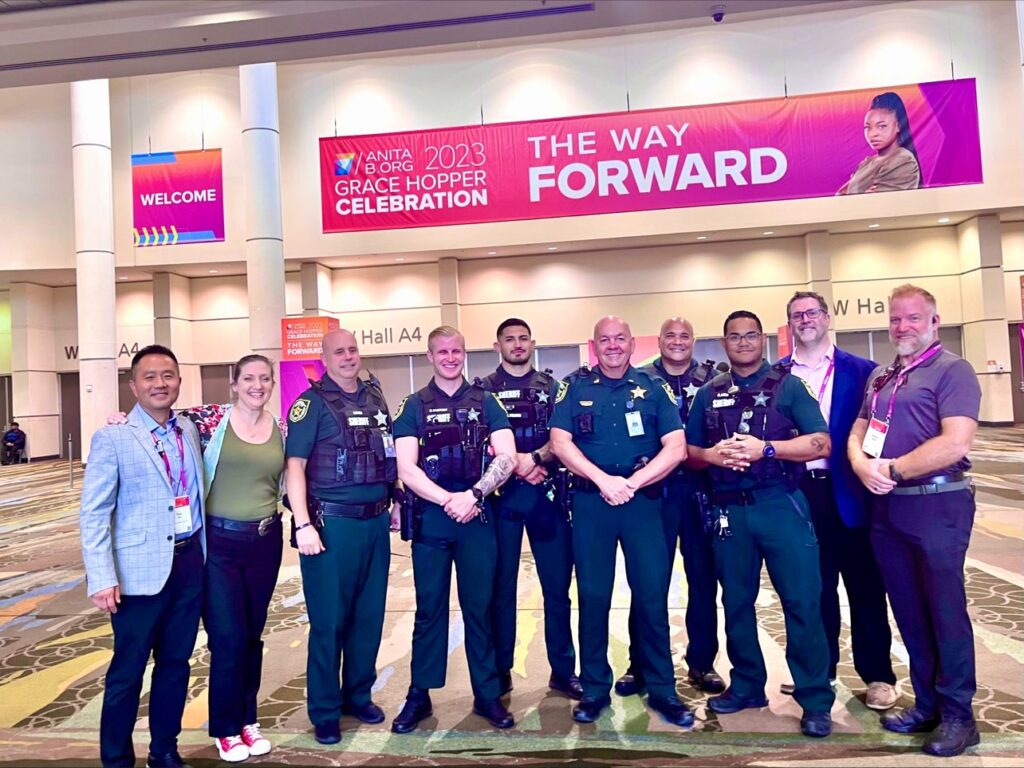
The timeline for this aspect can vary depending on the size and scale of the special event. The larger the event, the longer timeline horizon in advance that is required for adequate assessment. Generally speaking, most events this can be done within 2-3 days of an individual’s time.
2. Comprehensive Security Plan
Develop a comprehensive security plan that covers all aspects of the special event. Key components include:
- Access Control: Implement robust access control measures. Use credential management systems, guest screening, and entry/exit point checks.
- Emergency Response Plan: Prepare for worst-case scenarios. Define roles, responsibilities, and communication channels during emergencies.
- Crowd Control: Manage large crowds effectively. Ensure clear signage, designated pathways, and crowd flow management.
- Intelligence Fusion: Leverage technology for real-time intelligence sharing among security personnel.
- Command Center: Set up a modern command center equipped with situational awareness tools and perhaps GPS tracking, depending on your use case.
This phase may be the most critical of the phases as proper planning in advance is where the rubber will meet the road when it comes time to executing successfully while on-site.
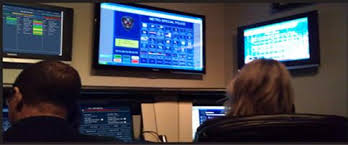
3. Professional Security Personnel
Hire trained security personnel. They should be well-versed in crowd management, emergency response, and conflict resolution. Consider using body cameras and closed-circuit television (CCTV) – or more commonly known today as network video – for enhanced surveillance. Most camera systems nowadays can be remotely monitored by the Command Center mentioned in phase 2 above. Having a proactive set of eyes and ears dedicated to the event security team 24/7 would allow for dispatching of field personnel for odd behaviors, suspicious packages, or the like identified while monitoring the feeds.

4. Effective Communication and Coordination
Communication is critical. Establish clear communication channels among security teams, event organizers, and in-house venue security teams and/or local law enforcement. Regularly update stakeholders on security protocols and any changes.
Establishing a live channel for group communications via a WhatsApp, Signal, or other encrypted radio channel so group members are all on the same page at the same time is important to success.
5. Protecting Critical Infrastructure
Identify critical infrastructure within the event venue. Ensure its protection against potential threats. Collaborate with utility providers and emergency services to safeguard essential services.
6. Business Impact Analysis
Understand the impact of security incidents on your special event. Consider financial losses, reputation damage, and legal implications. Develop contingency plans to mitigate these risks.
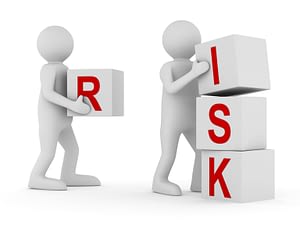
7. Transportation and Traffic Management
Coordinate transportation logistics. Address traffic flow, parking, and transportation security. Work closely with local authorities to minimize disruptions.
8. Fire, EMS, and Public Health Preparedness
Collaborate with fire departments, emergency medical services (EMS), and public health agencies. Ensure timely medical response, evacuation plans, and health protocols.
Consider having a dedicated on-site medic for the special event operating hours to cater to attendee and staff needs. For the host company, if they have internal employees traveling internationally to the event, find out what their medical process for reporting is as some companies having specific reporting requirements to be met or additional resources available through their medical provider.
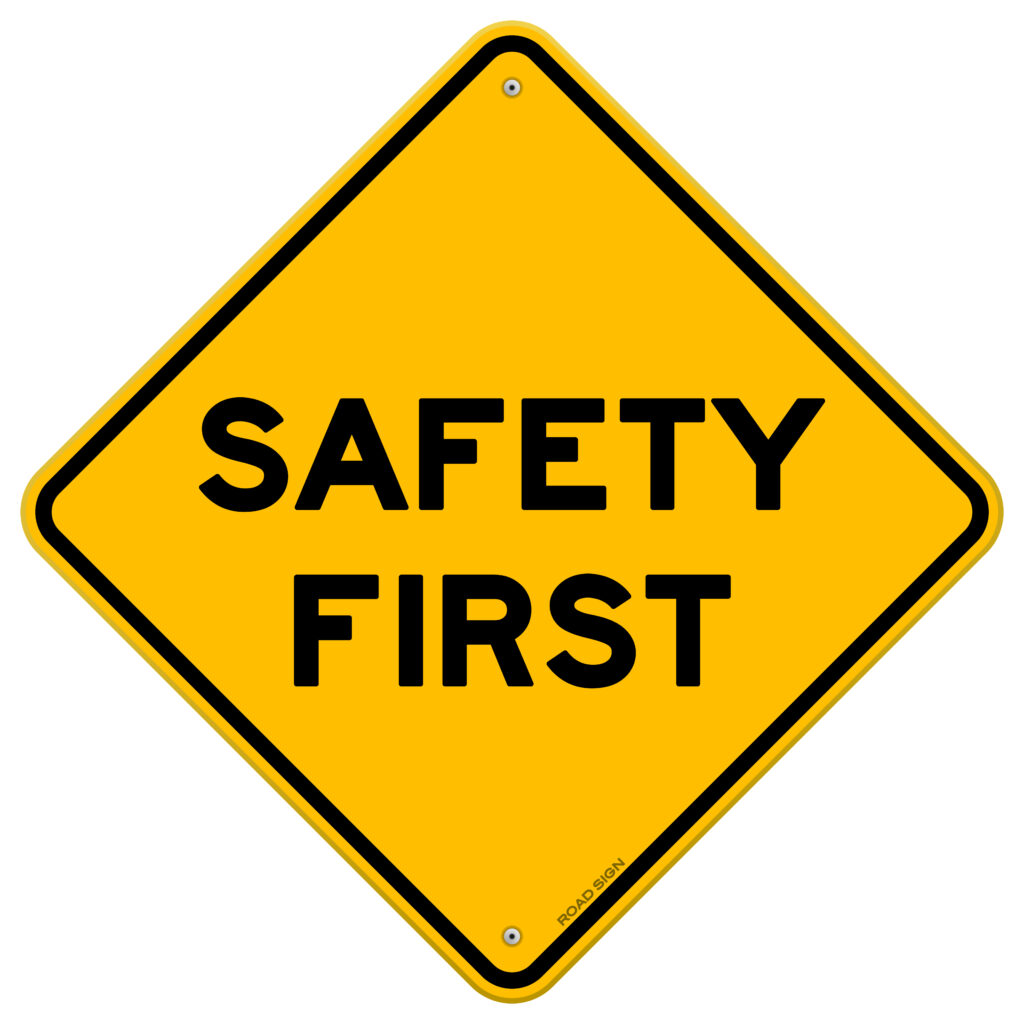
9. Post-Event Evaluation
After the event, conduct a thorough evaluation. Identify areas for improvement, assess the effectiveness of security measures, and document lessons learned.
Conclusion
Special event security is a multifaceted endeavor. By following these best practices, event organizers can create a safe and enjoyable experience for attendees while minimizing risks. Remember, effective security enhances the overall event atmosphere and contributes to its success. In the end, good security isn’t cheap and cheap security isn’t good!


